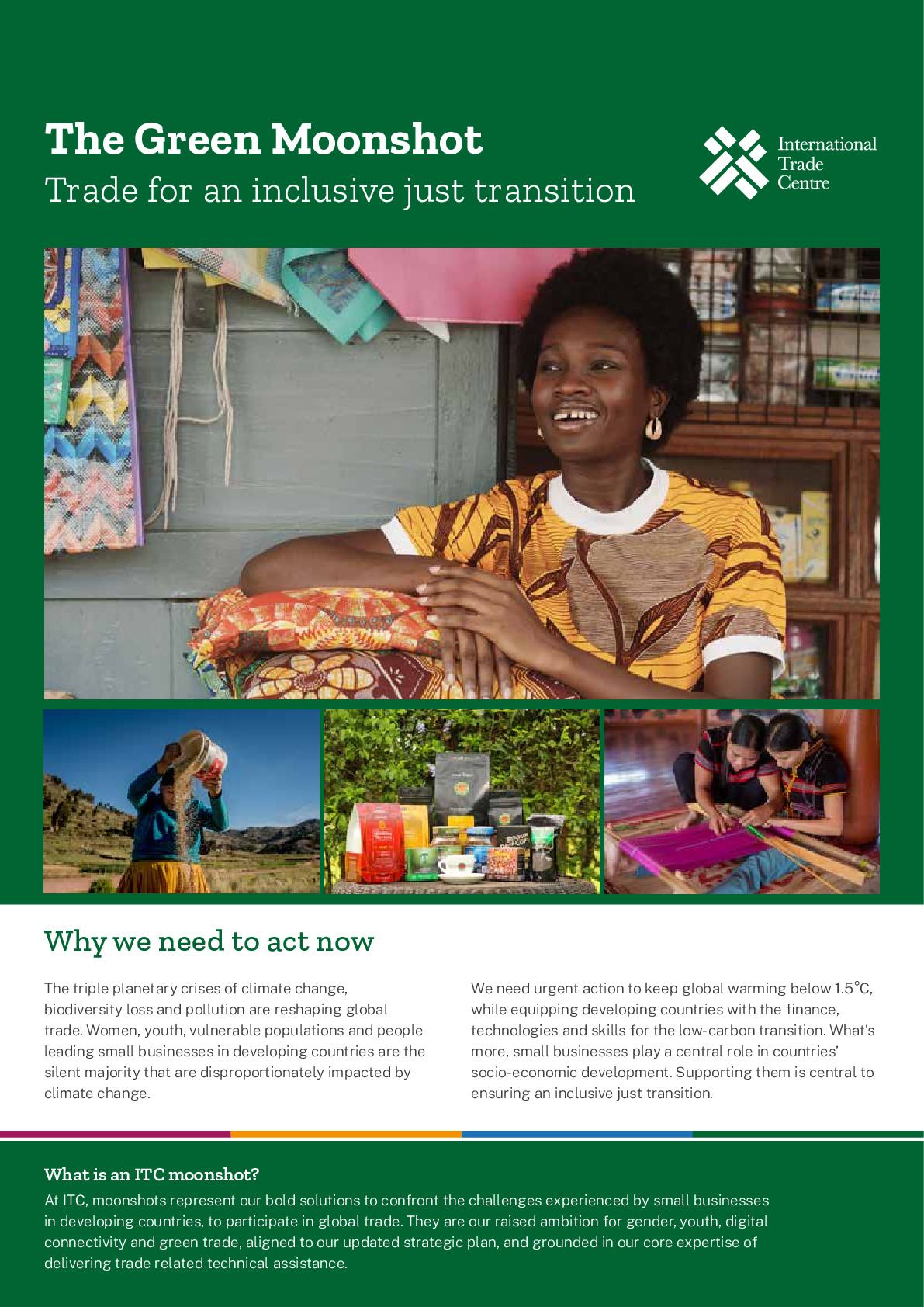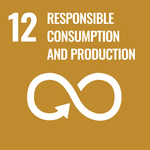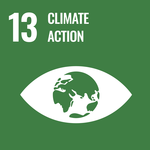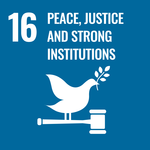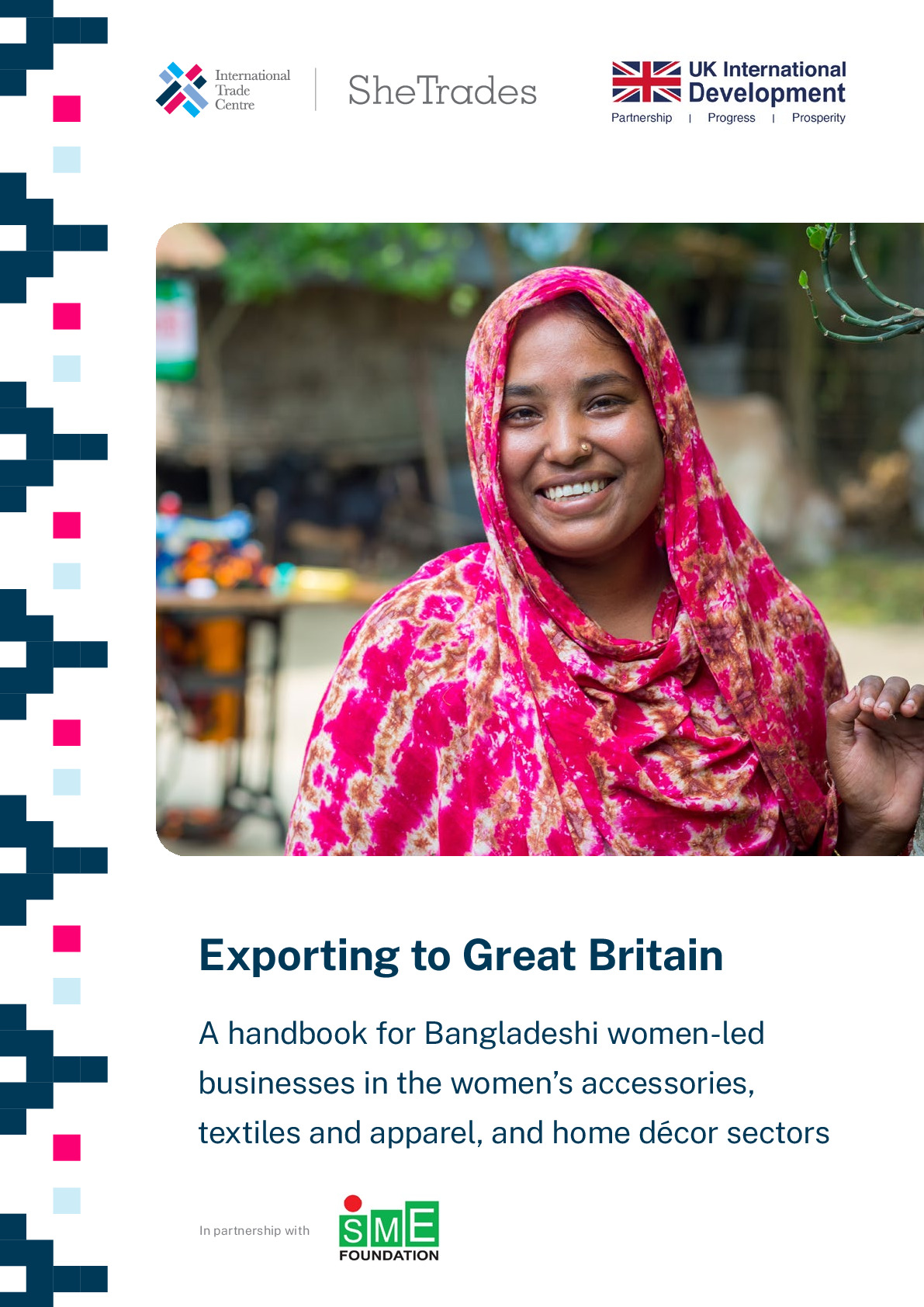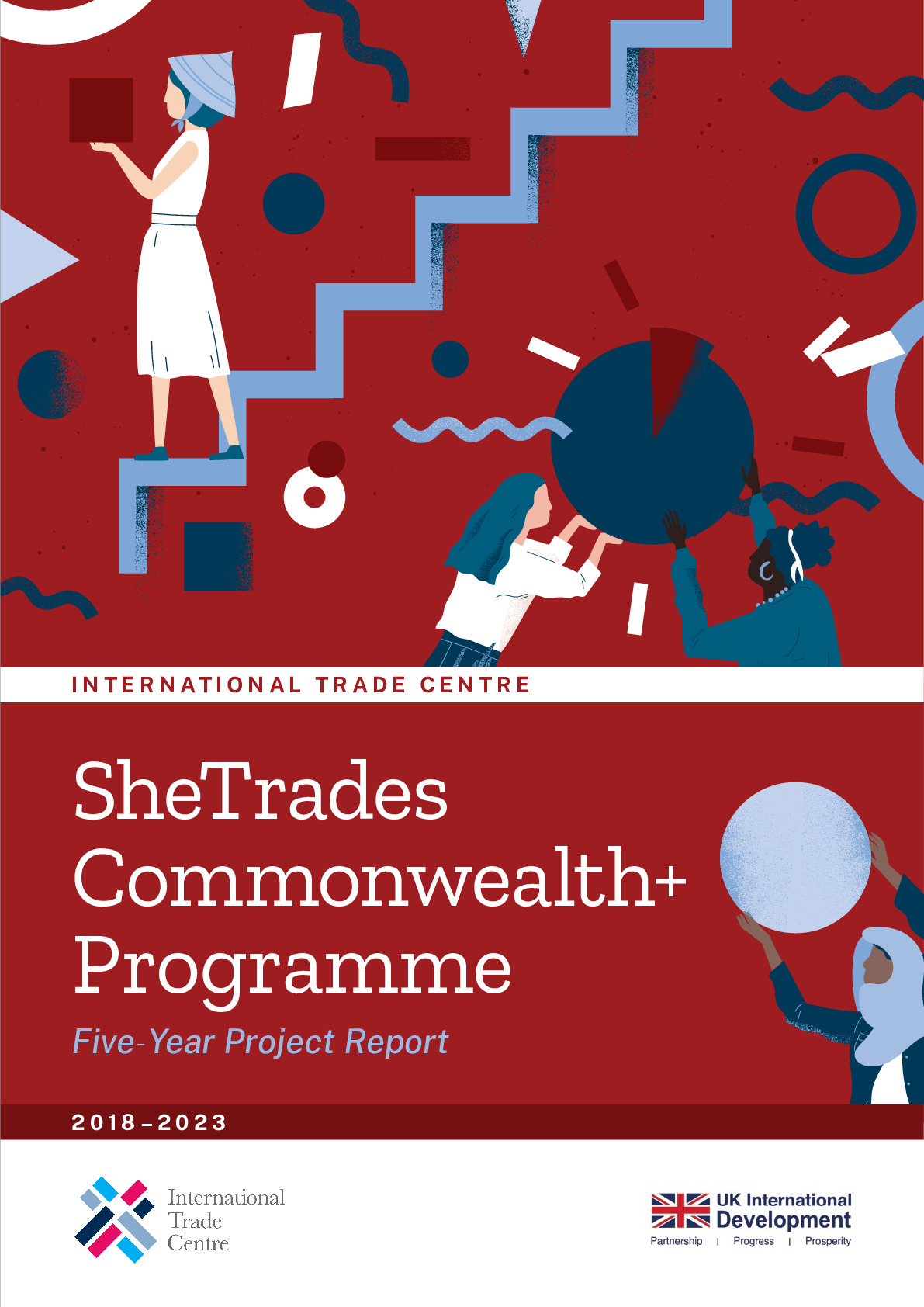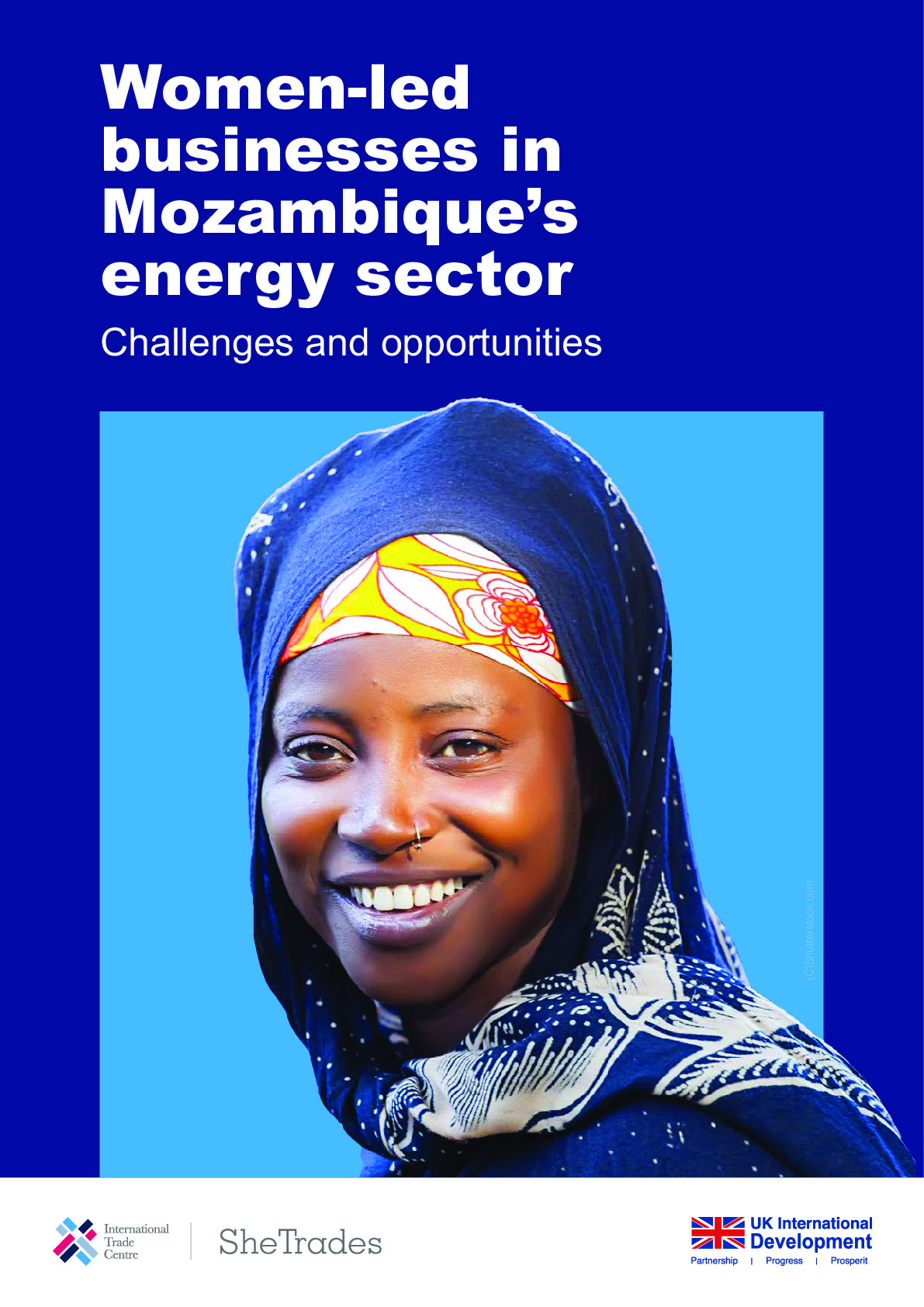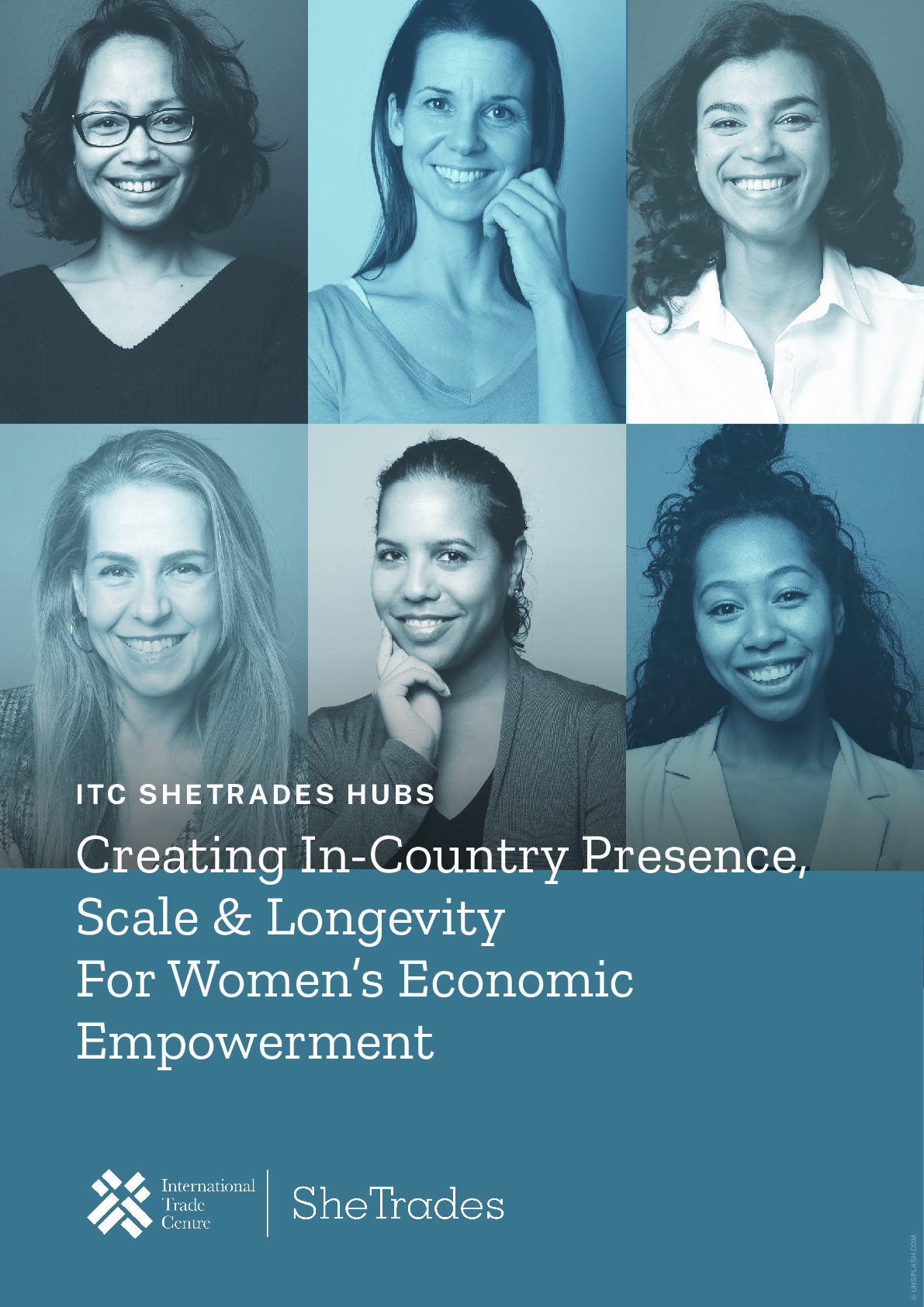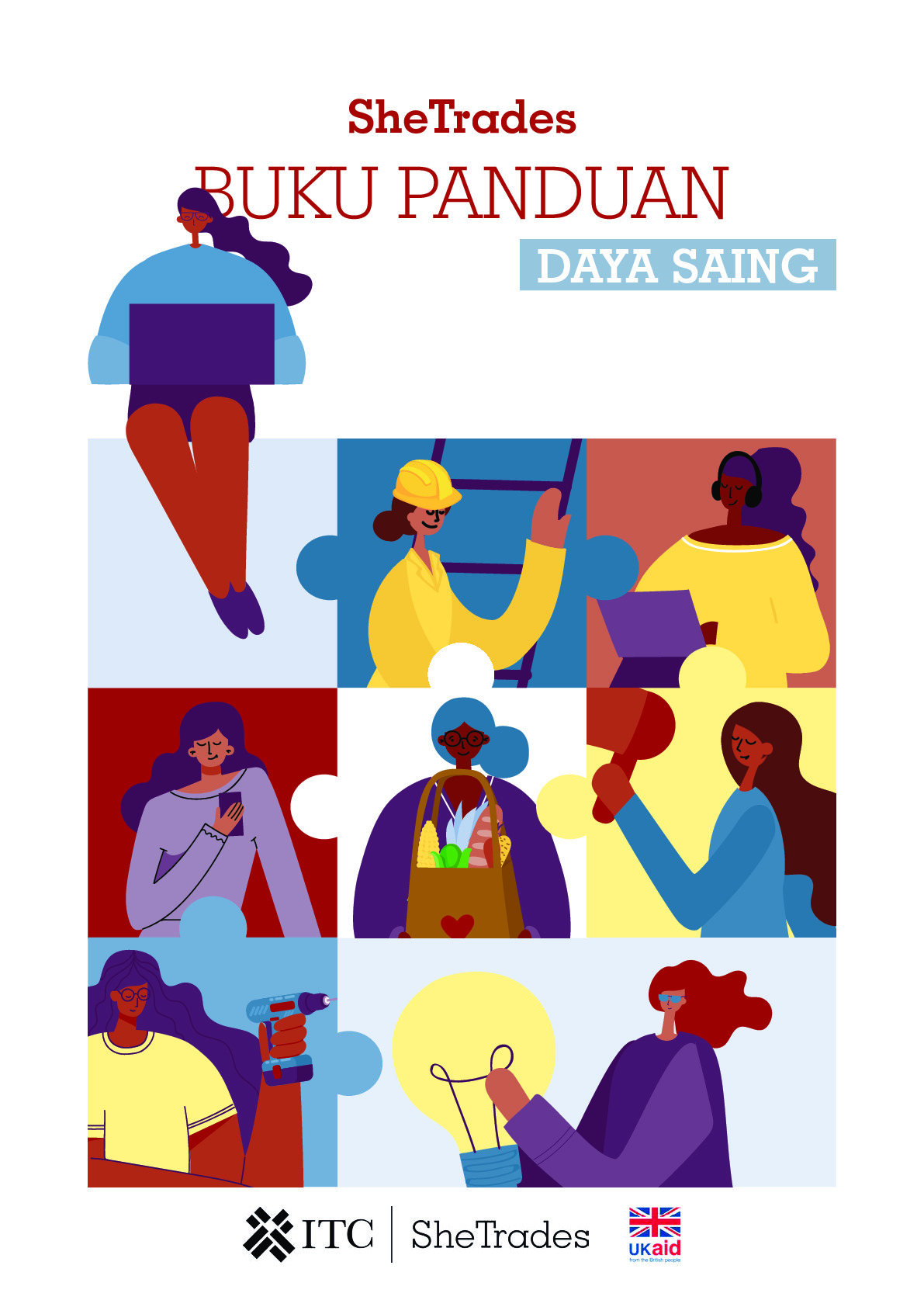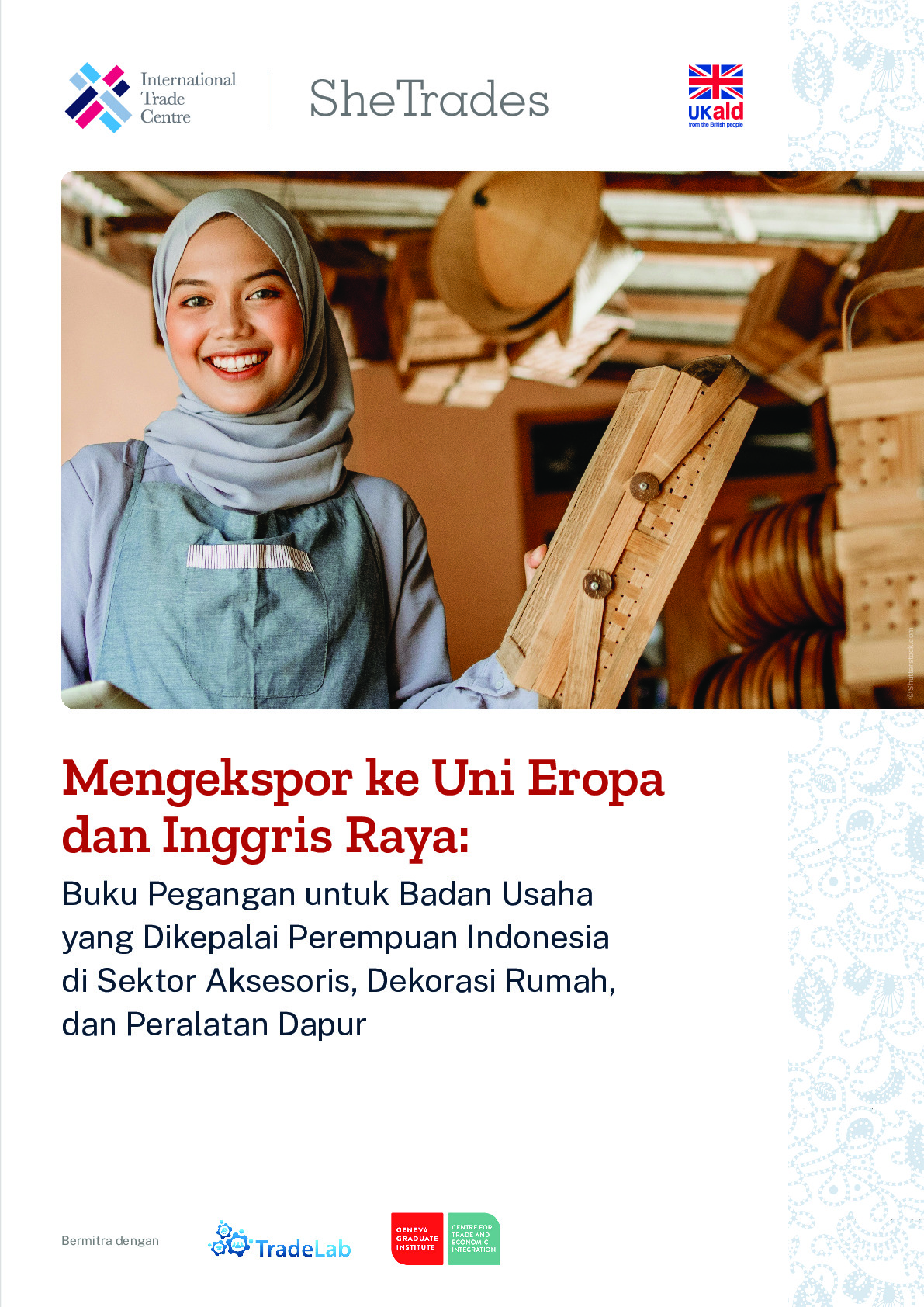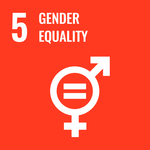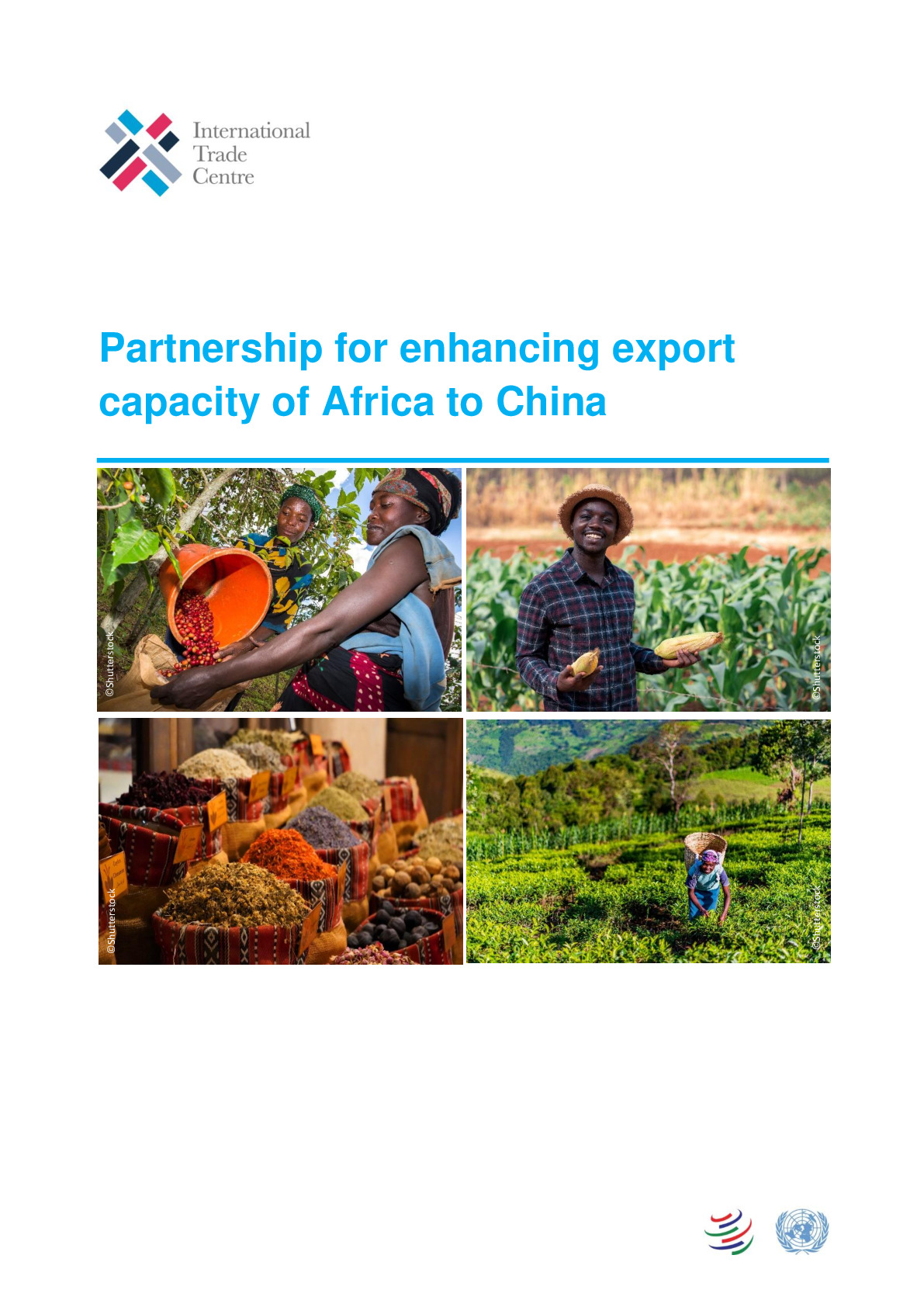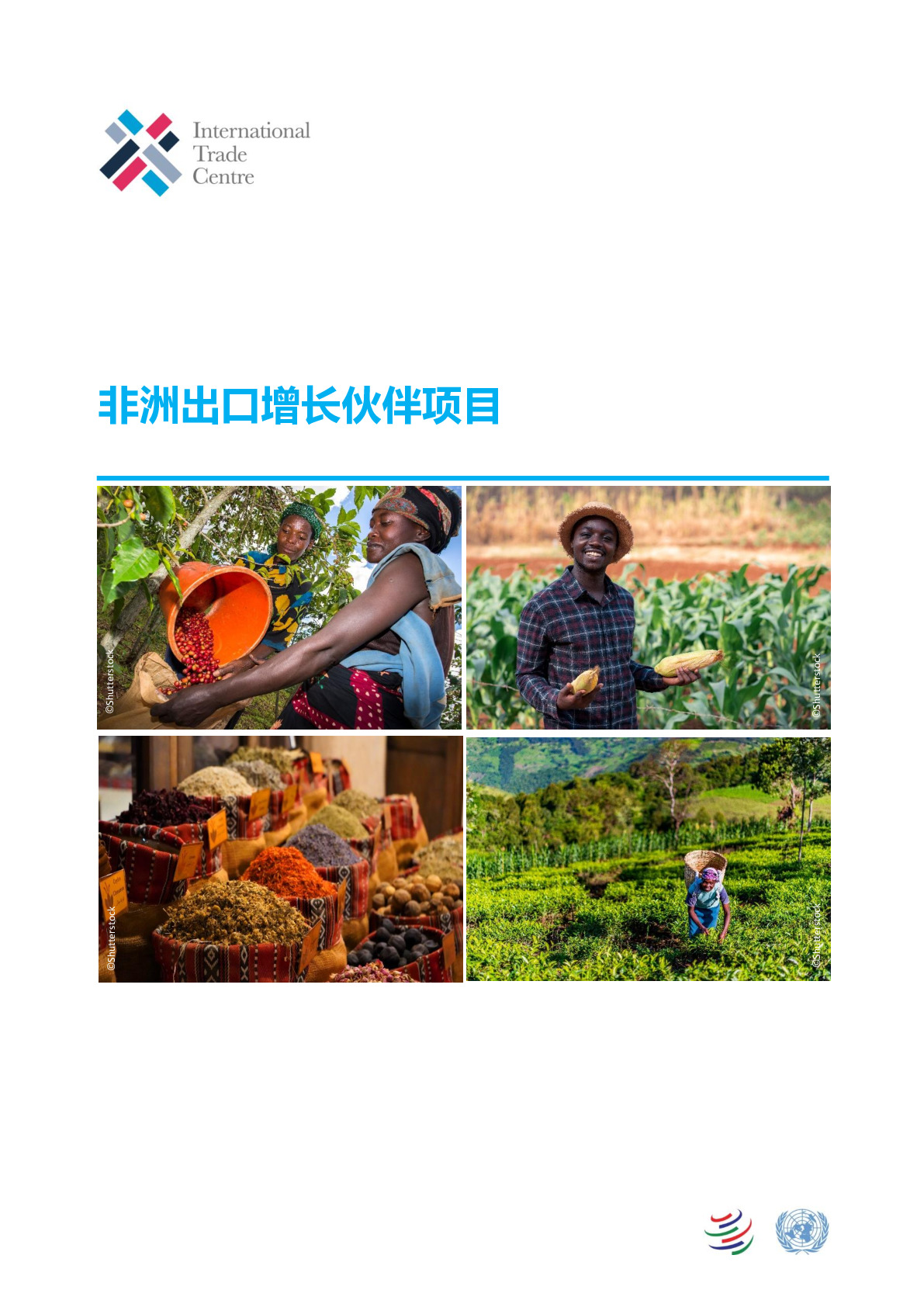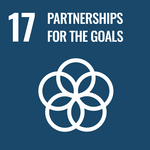Kenya
Coffee Contracts Management and Logistics, Export Documentation and Forwarding
Nairobi
<p>This training follows the structure of the European Standard Contract for Coffee (ESCC) and how it affects business planning and operations from an SME perspective. That is, how a trader should be in a clear position to negotiate contract terms based on the businessess' capabilities to meet contract obligations in order to minimise financial impacts and maximise reputation and buyer relationships. Operations personnel within the business must also plan ahead and react to ensure contract terms are met, such as availability, quality weights, documentation and certifications, and more. Phase one was a series of webinars that took place in October 2021. </p><p><strong>Phase two is a three-days workshop held from 6-8 April in Nairobi, which seeks to reinforce the previous lessons learnt through practical exercises that follow the training plan below: </strong></p><ul><li><strong>Contract terms and implications for business operations:</strong> Discussion of the following terms, their meaning, and how the business must prepare in advance of loading and shipping as well as how to comply to requirements.</li><li><strong>Contract terms and negotiation: </strong>Communicating the ins and outs of how to negotiate a contract based on the firm's capacities to comply and deliver. </li><li><strong>Preparation for Export: </strong>Covering essentially the container stuffing to shipment phase or immediate preparation beforehand.</li></ul><p><strong>The workshop ends with a field visit to a logistics company and a port of export enabling SMEs understand all preparations needed prior to shipment.</strong></p>
Global: Climate competitiveness: Building opportunities in the green economy for emerging and developing countries
Trade and trade policy play a key role in the green transition needed to tackle climate change, the world’s biggest threat to human development and ecological survival. The Climate Competitiveness project aims to support developing countries’ engagement in the World Trade Organization (WTO) Committee on Trade and Environment (CTE).
The CTE contributes to identifying and understanding the relationship between trade and the environment in order to promote sustainable development.
This project will work with seven countries - Kenya, Mauritius, Senegal, Dominican Republic, Ecuador, Viet Nam and the Philippines - to assess how trade and trade policy can support climate mitigation and adaptation objectives.
Furthermore, it will support small businesses to build climate resilience as well as facilitate the preparation of submissions by the countries.
Sustainable Development Goals
<p>The project aims to increase the engagement of six developing and emerging countries in the Trade and Environment Structured Sustainability Discussions (TESSD) at the World Trade Organization (WTO). The project will carry out research in partnership with countries on the role of trade in supporting climate change mitigation and adaptation objectives. It will support countries on the basis of this research and multistakeholder consultations to make submissions to TESSD in the form of best practices, lessons learnt, common regional approaches on standards etc. Furthermore, the project will help countries to understand the range of trade related climate measures facing MSMEs and the strategies to help compliance with them.</p>
Commonwealth+: Increasing participation of women owned businesses in trade (SheTrades)
Sustainable Development Goals
<p>SheTrades Commonwealth + project aims to foster an enabling business ecosystem by promoting inclusive policy and data and engaging business support organizations, private-sector partners, and women-led businesses in the Commonwealth countries. <span> </span>The project will focus on scalability and immediate results by strengthening the functionalities and diversifying services of the SheTrades Initiative globally through SheTrades Outlook and SheTrades Hubs. This project will build upon the previous phase of the SheTrades Commonwealth project that has been ongoing since 2018, over which time sustainable networks of stakeholders at both ecosystem and SME levels have been built and sustained. </p>
Partnership for enhancing export capacity of Africa to China (PEECAC)
Sustainable Development Goals
<p>This 3-year project aims to promote economic and trade cooperation between China and Africa through participation in the China-Africa Economic and Trade Expo (CAETE) and the Distribution, Trading and Processing Centre (DTPC) of Hunan Province, China.<span> </span>The project will support selected African countries (Ethiopia, Kenya, Madagascar, Mozambique, Rwanda, Uganda and Zambia) to increase export of agriculture and food products to China and attract sustainable Chinese investment with the overall objective to contribute to job creation and poverty reduction in these selected African countries.</p>
South-South Trade and Investment
Sustainable Development Goals
<p>To investigate the potential of expanding investment (and trade) linkages between India and Africa, capitalizing on the structural changes and resulting opportunities brought forth by the African Continental Free Trade Area (AfCFTA). </p><p>Will assess constraints and opportunities in each of these four areas and provide concrete recommendations for policy action. In addition, several transversal thematic areas will be probed and emphasized upon – technology and knowledge transfer, south-south cooperation at the institutional level, developing technical capacities, and environmental sustainability. The paper can eventually evolve into a strategic action plan for both policymakers and the private sector in India.</p><p>The objective is to analyze opportunities for enhancing Indian investment in Africa from four perspectives - automotive, pharmaceutical, agro-processing, textile, and renewable energy -with case studies in each to describe working models which may enhance business interest and highlight potential.</p><p>Case studies on investments under Supporting Indian Trade and Investment for Africa (SITA) will also be updated to reflect the current, post-investment operating environment.</p><p><br></p>




